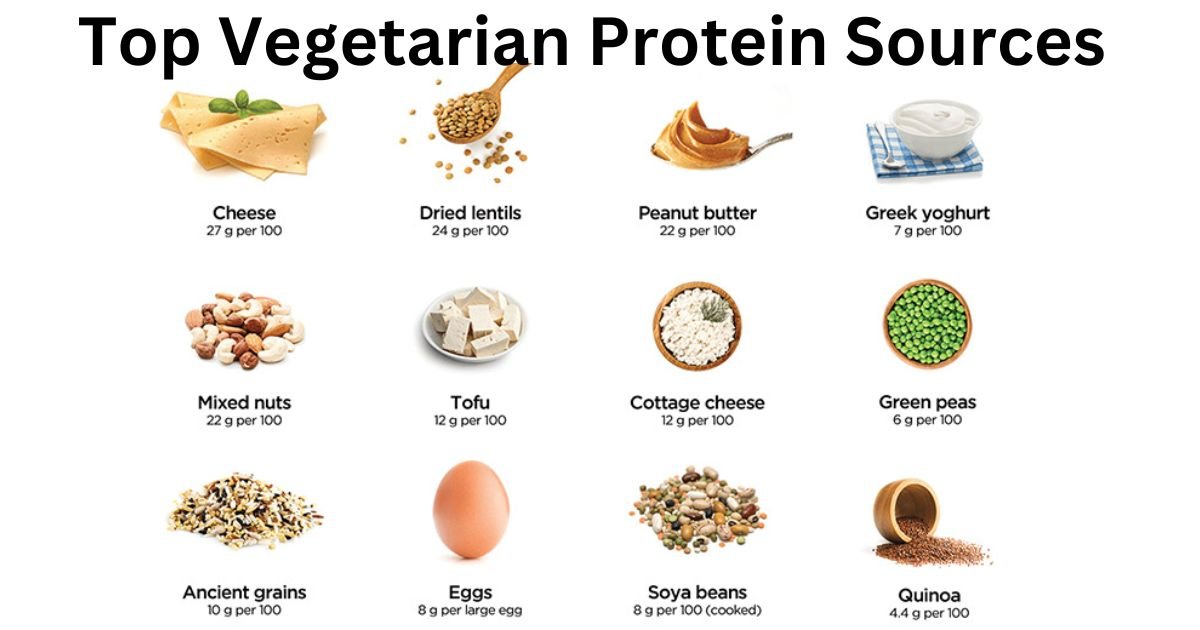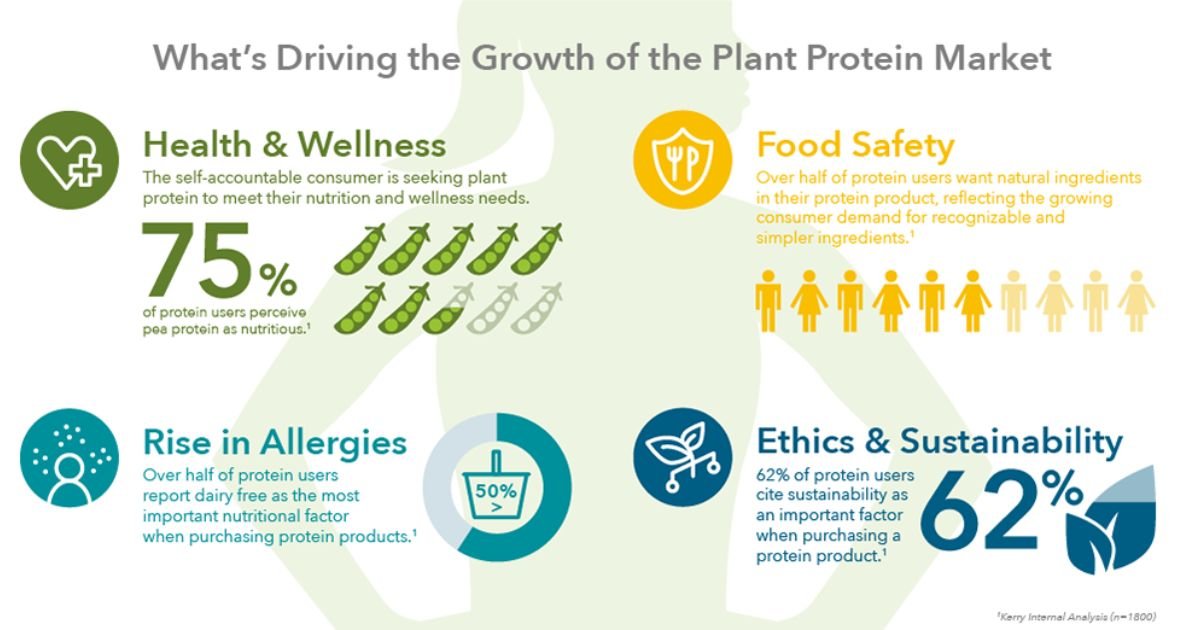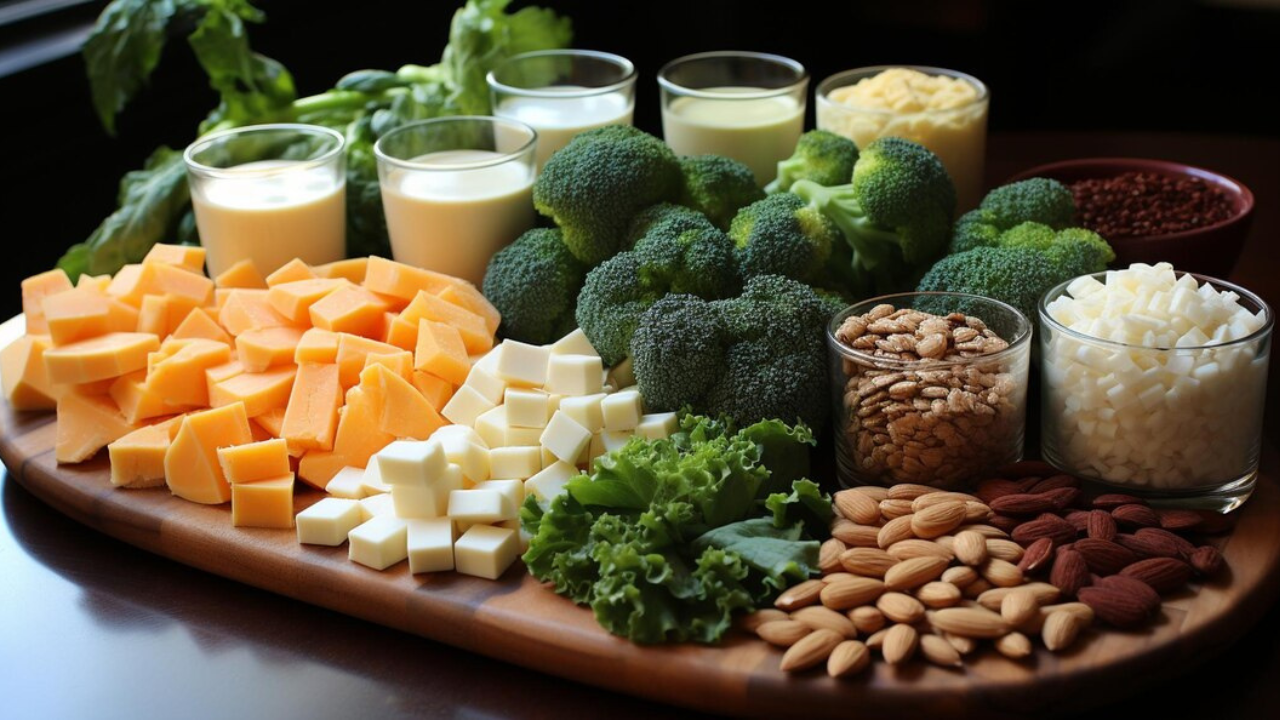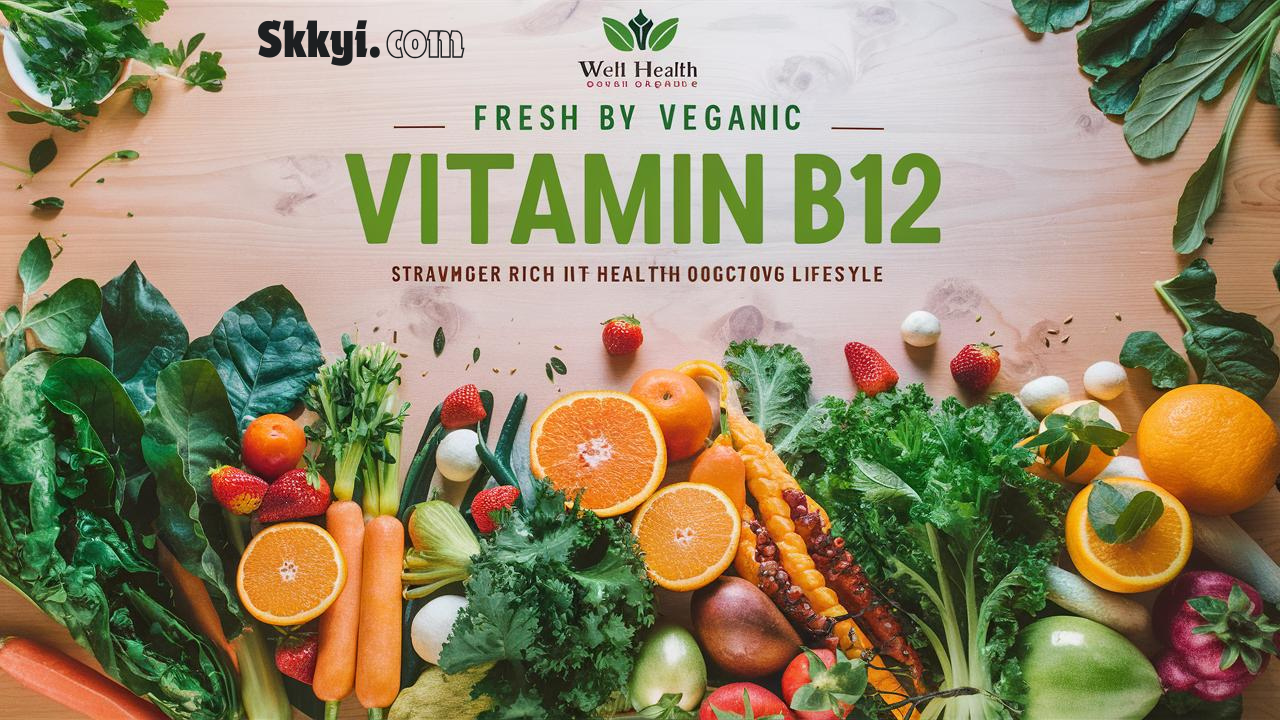In recent years, the popularity of vegetarianism has surged, driven by growing health consciousness and ethical concerns. Ensuring adequate protein intake is a common concern among vegetarians. This comprehensive guide explores the best vegetarian protein sources, their benefits, and how to incorporate them into your diet.
Understanding Vegetarian Protein Sources
wellhealthorganic.com : vegetarian protein source archives Protein is an essential macronutrient necessary for muscle repair, enzyme function, and overall cellular health. While meat is a well-known protein source, numerous vegetarian alternatives provide ample protein. These sources are often rich in other nutrients, making them valuable additions to a balanced diet.
Top Vegetarian Protein Sources

1. Legumes: Beans, Lentils, and Peas
Legumes are a cornerstone of vegetarian diets due to their high protein content and versatility.
- Beans: Varieties such as black beans, kidney beans, and chickpeas offer approximately 15 grams of protein per cooked cup. They are also rich in fiber, iron, and folate.
- Lentils: With about 18 grams of protein per cooked cup, lentils are a powerhouse of nutrition. They are also high in iron and folate.
- Peas: Green peas contain around 9 grams of protein per cooked cup and are an excellent source of vitamins A, C, and K.
2. Soy Products: Tofu, Tempeh, and Edamame
Soy products are among the best vegetarian protein sources, offering complete protein with all essential amino acids.
- Tofu: Also known as bean curd, tofu provides approximately 10 grams of protein per half-cup serving. It is incredibly versatile, suitable for stir-fries, soups, and even desserts.
- Tempeh: This fermented soybean product boasts about 15 grams of protein per half-cup serving and contains probiotics, which are beneficial for gut health.
- Edamame: Young soybeans, or edamame, offer around 17 grams of protein per cooked cup. They make a great snack or addition to salads and stir-fries.
3. Nuts and Seeds
Nuts and seeds are excellent for adding protein and healthy fats to your diet.
- Almonds: With about 6 grams of protein per ounce, almonds are also rich in vitamin E and magnesium.
- Chia Seeds: These tiny seeds provide 4 grams of protein per two tablespoons and are high in omega-3 fatty acids, fiber, and antioxidants.
- Pumpkin Seeds: Offering 7 grams of protein per ounce, pumpkin seeds are also a good source of iron, magnesium, and zinc.
4. Whole Grains
Whole grains are not only high in protein but also provide essential nutrients and fiber.
- Quinoa: This grain is unique as it is a complete protein, containing all nine essential amino acids. One cup of cooked quinoa provides about 8 grams of protein.
- Farro: An ancient grain with about 6 grams of protein per cooked cup, farro is also rich in fiber, magnesium, and B vitamins.
- Amaranth: Another complete protein, amaranth offers approximately 9 grams of protein per cooked cup and is a good source of iron, magnesium, and phosphorus.
5. Dairy and Eggs
For lacto-vegetarians, dairy products and eggs are invaluable protein sources.
- Greek Yogurt: With up to 20 grams of protein per cup, Greek yogurt is also high in calcium and probiotics.
- Cottage Cheese: This dairy product provides about 14 grams of protein per half-cup and is rich in B vitamins and calcium.
- Eggs: Each egg contains around 6 grams of high-quality protein and essential nutrients such as choline and vitamin D.
Incorporating Vegetarian Protein into Your Diet
Balanced Meals
To ensure you get enough protein, include a variety of these sources in your meals. For example, a quinoa salad with chickpeas and vegetables, a tofu stir-fry with mixed greens, or a smoothie with Greek yogurt and chia seeds can be both delicious and nutritious.
Snacks
Protein-rich snacks are essential for maintaining energy levels throughout the day. Consider options like a handful of almonds, a slice of whole-grain toast with nut butter, or a bowl of edamame.
Supplements
If you find it challenging to meet your protein needs through food alone, consider vegetarian protein supplements such as pea protein, hemp protein, or soy protein powders. These can be easily added to smoothies, oatmeal, or baked goods.
Health Benefits of Vegetarian Protein

Weight Management
High-protein vegetarian foods can help in weight management by promoting satiety and reducing overall calorie intake. Protein-rich diets have been linked to increased metabolism and muscle mass maintenance.
Heart Health
Many vegetarian protein sources, such as beans, nuts, and whole grains, are low in saturated fat and cholesterol. These foods are also high in fiber, which can help lower cholesterol levels and reduce the risk of heart disease.
Digestive Health
Legumes, whole grains, nuts, and seeds are high in fiber, promoting healthy digestion and preventing constipation. The fermentation of fiber by gut bacteria also produces short-chain fatty acids that benefit colon health.
Bone Health
Dairy products, tofu, and fortified plant-based milks are excellent sources of calcium and vitamin D, which are crucial for bone health. Additionally, many leafy greens and seeds provide these nutrients.
FAQs about Vegetarian Protein Sources
Q: Can I get enough protein on a vegetarian diet?
A: Yes, you can obtain sufficient protein on a vegetarian diet by incorporating a variety of protein-rich foods such as legumes, soy products, nuts, seeds, whole grains, and dairy products.
Q: What are complete proteins, and do vegetarians need them?
A: Complete proteins contain all nine essential amino acids. While not all vegetarian sources are complete proteins, combining different plant-based proteins throughout the day can provide all essential amino acids.
Q: Are plant-based proteins as effective as animal proteins for muscle building?
A: Yes, plant-based proteins can be effective for muscle building when consumed in adequate amounts. It’s important to include a variety of protein sources to ensure you get all essential amino acids.
Q: How can I ensure I’m getting enough protein without overeating?
A: Plan balanced meals that include a variety of protein-rich foods and focus on nutrient-dense options. Snacks can help maintain protein intake throughout the day without overeating at main meals.
Q: Are vegetarian protein supplements necessary?
A: While not necessary for everyone, vegetarian protein supplements can be helpful for those who struggle to meet their protein needs through food alone. They are a convenient way to boost protein intake.
Q: Can children and pregnant women meet their protein needs on a vegetarian diet?
A: Yes, children and pregnant women can meet their protein needs on a vegetarian diet with careful planning. It’s important to ensure a variety of protein sources and consult with a healthcare provider or nutritionist for personalized advice.
Conclusion
Incorporating a variety of vegetarian protein sources into your diet is not only feasible but also beneficial for overall health. By choosing a diverse array of protein-rich foods, you can meet your nutritional needs, support your health goals, and enjoy delicious, satisfying meals.
Disclaimer
This article is for informational purposes only and is not a substitute for professional medical advice, diagnosis, or treatment. Always seek the advice of your physician or other qualified health providers with any questions you may have regarding a medical condition.



